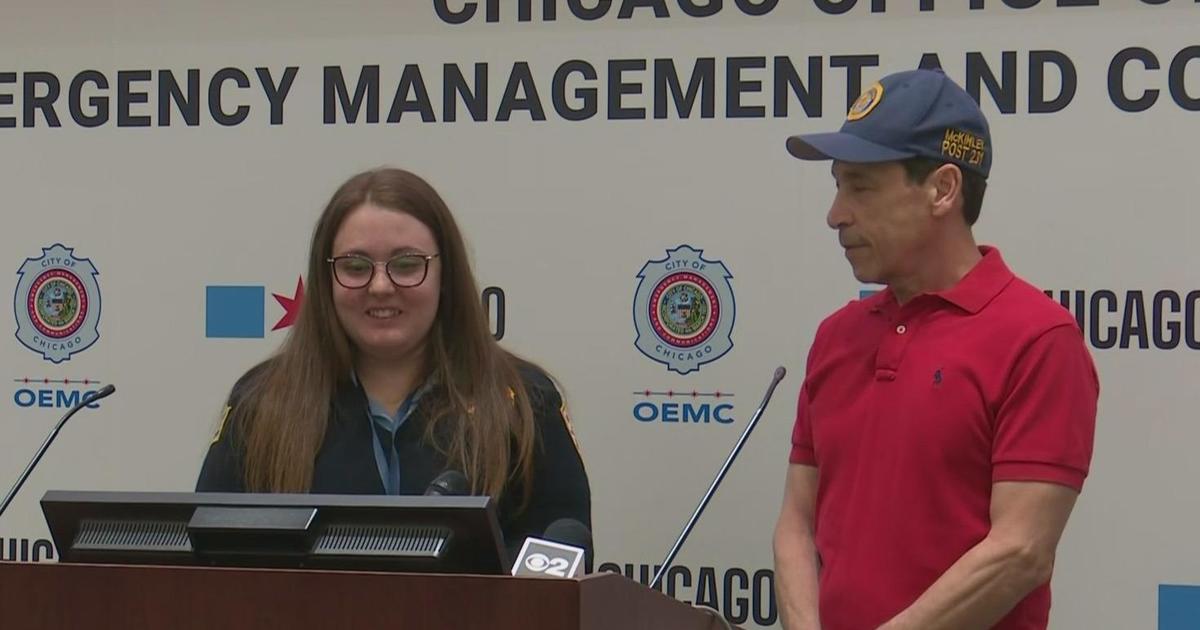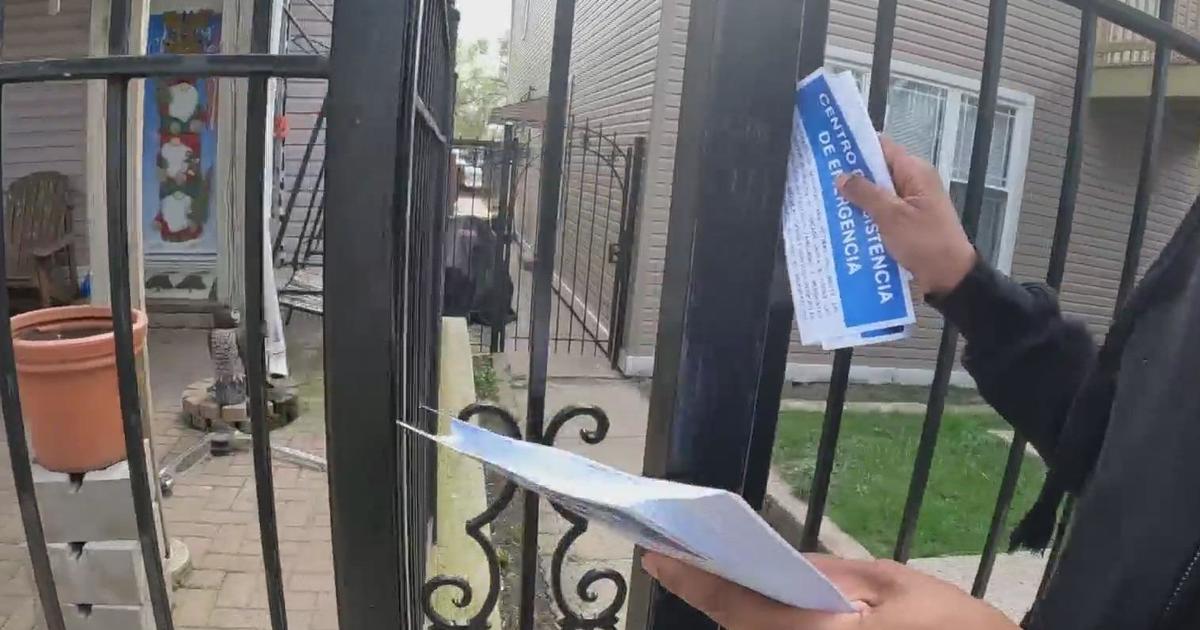Study: Couples Communicate No Better Than Strangers
CHICAGO (STMW) - Married people may think they communicate well with their partners, but psychologists have found that they don't always convey messages to their loved ones as well as they think — and in some cases, the spouses communicate no better than strangers, a new study, co-authored by a University of Chicago professor, has found.
The same communication problem also is true with close friends, the study found.
"People commonly believe that they communicate better with close friends than with strangers. That closeness can lead people to overestimate how well they communicate, a phenomenon we term the 'closeness-communication bias," Boaz Keysar, a professor in psychology at the University of Chicago and an expert on communications, said.
Keysar's colleague Kenneth Savitsky, professor of psychology at Williams College in Williamstown, Mass., devised an experiment resembling a parlor game to study the issue, a release from the University of Chicago said. In it, two sets of couples sat in chairs with their backs to each other and tried to discern the meaning of each other's ambiguous phrases. In all, 24 married couples participated.
The researchers used phrases common in everyday conversations to see if the spouses were better at understanding phrases from their partners than from people they did not know. The spouses consistently overestimated their ability to communicate, and did so more with their partners than with strangers, according to the release.
"A wife who says to her husband, 'it's getting hot in here,' as a hint for her husband to turn up the air conditioning a notch, may be surprised when he interprets her statement as a coy, amorous advance instead," according to Savitsky, who is lead author of the paper, "The Closeness-Communications Bias: Increased Egocentrism among Friends versus Strangers," published in the January issue of the Journal of Experimental Social Psychology.
"Although speakers expected their spouse to understand them better than strangers, accuracy rates for spouses and strangers were statistically identical. This result is striking because speakers were more confident that they were understood by their spouse," Savitsky said.
"Some couples may indeed be on the same wavelength, but maybe not as much as they think. You get rushed and preoccupied, and you stop taking the perspective of the other person, precisely because the two of you are so close," he said.
Savitsky conducted a similar experiment with 60 Williams College students. In the study, the students overestimated their effectiveness in communicating with friends, replicating the pattern found with married couples, the release said.
"Our problem in communicating with friends and spouses is that we have an illusion of insight. Getting close to someone appears to create the illusion of understanding more than actual understanding," co-author Nicholas Epley, a professor of behavioral science at the University of Chicago Booth School of Business, said.
"The understanding, 'What I know is different from what you know' is essential for effective communication to occur," Savitsky said. "It is necessary for giving directions, for teaching a class or just for having an ordinary conversation. But that insight can be elusive when the 'you' in question is a close friend or spouse."
Joining the three in authoring the article were Travis Carter, a graduate of the University of Chicago and a post-doctoral student at Chicago Booth, and Ashley Swanson, a graduate student at MIT, the release said.



